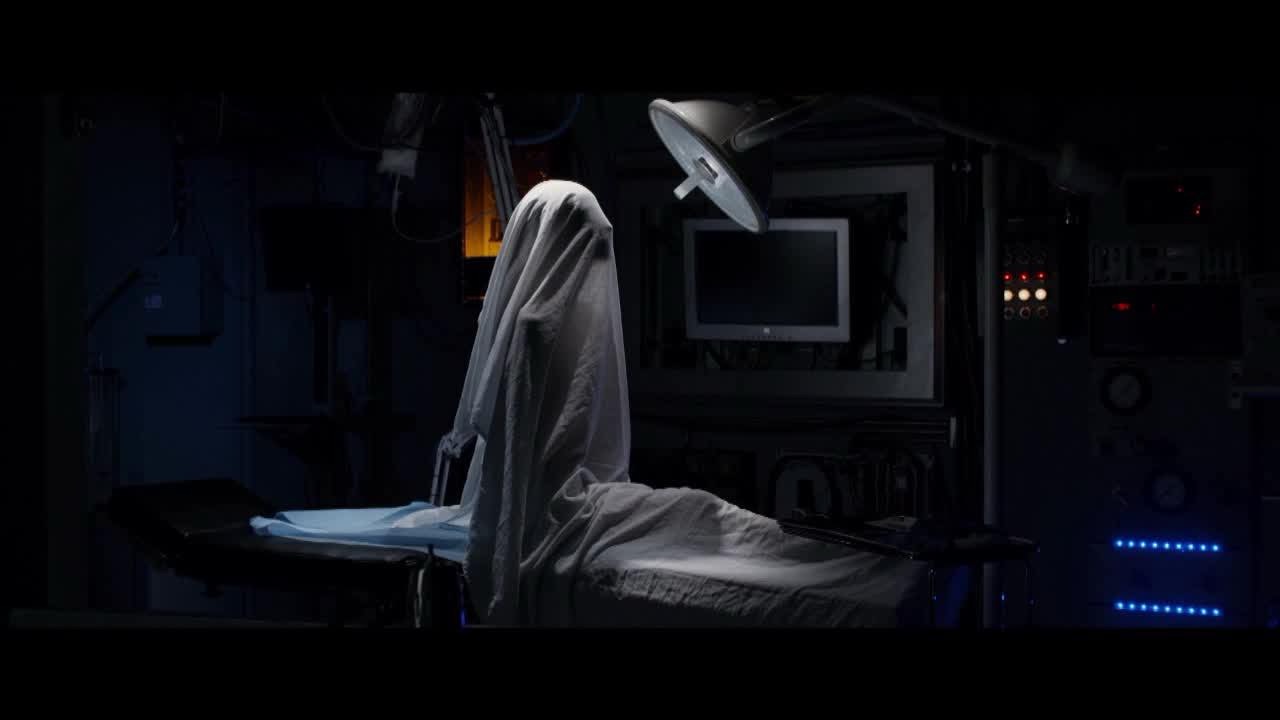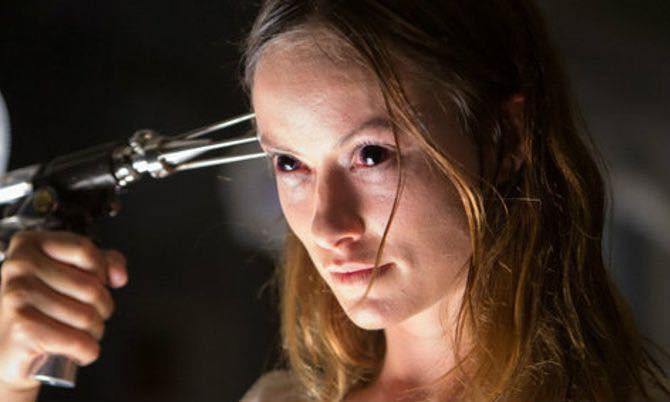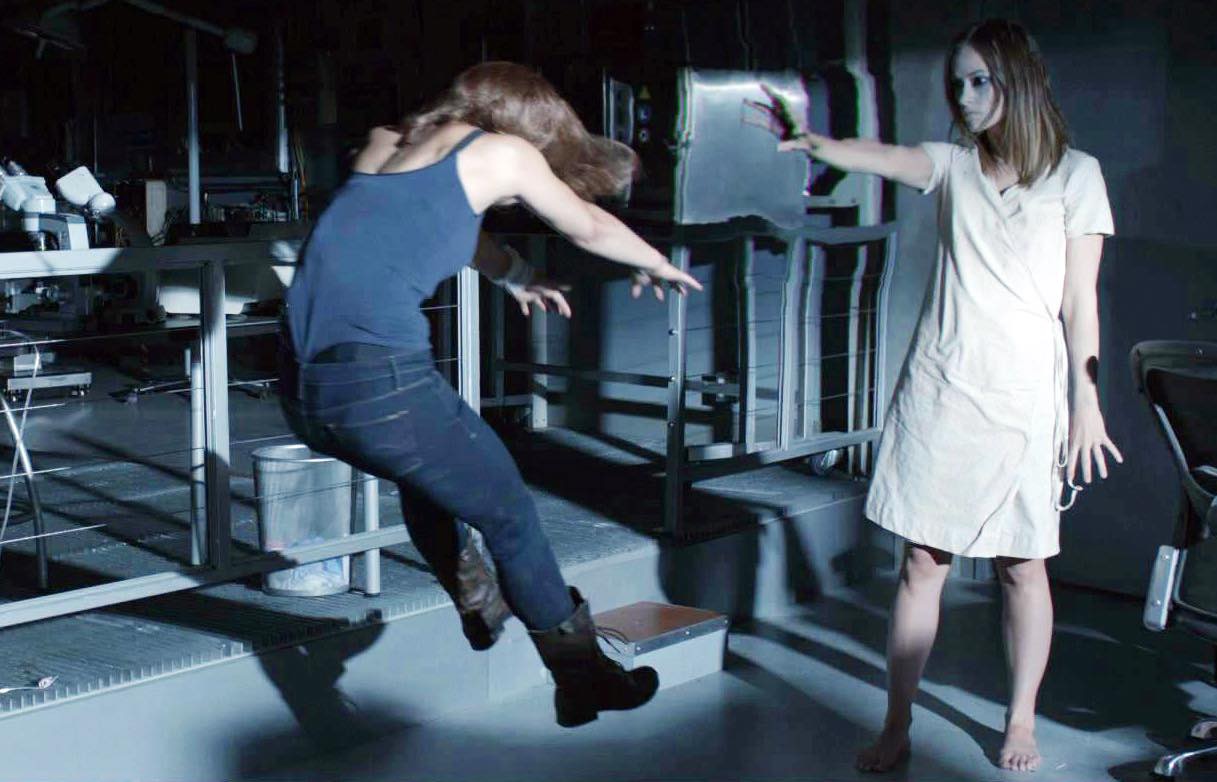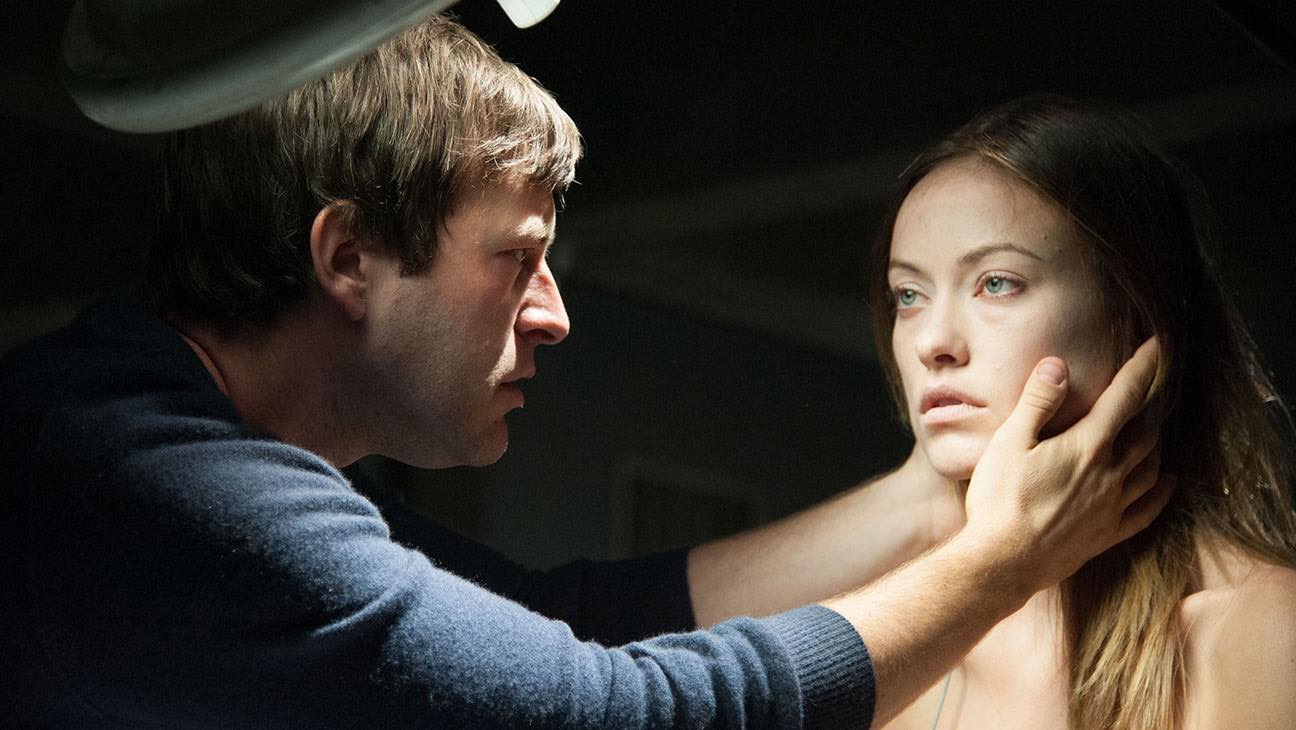The Lazarus Effect (2015)

The Lazarus Effect (2015), directed by David Gelb, is a science-fiction horror film with an intriguing premise but ultimately falls short of delivering on its potential. The movie stars Olivia Wilde, Mark Duplass, Evan Peters, and Donald Glover, and centers on a group of medical researchers who discover a way to bring the dead back to life.
Suggested videos for you
Suggested videos for you
Suggested videos for you
@lovrstify99 Captain America vs Thanos Fight Scene – Captain America Lifts #movieclips #movie #highlights #moviehighlights #captainamerica #thanos #ironman
Suggested videos for you
@lovrstify99 Batmobile vs Parademons Zack Snyder’s Justice League. #movie #movieclips #highlights #moviehighlights #batmobile
Premise:
The concept of scientists playing god and dealing with the consequences is a well-worn trope in horror, from Frankenstein to Flatliners. In The Lazarus Effect, the scientists, led by Frank (Mark Duplass) and his fiancée Zoe (Olivia Wilde), create a serum that can bring the dead back to life. Initially intended to help coma patients, their experiments take a darker turn when they successfully resurrect a dog and, later, Zoe herself after a fatal accident. However, the serum has unintended side effects, and Zoe begins exhibiting strange, dangerous powers.
Performances:
The cast does a solid job with what they’re given, but the script limits their potential. Olivia Wilde, in particular, stands out as Zoe. She skillfully transitions from a sympathetic, relatable character to something more sinister after her resurrection, exuding a sense of menace. Mark Duplass plays the role of the obsessive scientist well, but his character lacks depth beyond being the stereotypical driven researcher. Supporting actors like Evan Peters and Donald Glover provide some levity and energy, but their roles are ultimately underdeveloped.
Direction and Atmosphere:
David Gelb, known for his work in documentary filmmaking, seems out of his element in the horror genre. The film is competently directed but lacks the tension and atmosphere needed to elevate its premise. The pacing feels rushed, especially in the second half when the horror elements kick in. The confined setting of a laboratory offers potential for claustrophobic tension, but the film never fully capitalizes on that, relying instead on jump scares and standard horror beats.
Themes and Execution:
The film touches on interesting ideas about life, death, and the consequences of tampering with nature. Zoe’s transformation after her resurrection, and the exploration of her memories and potential spiritual consequences, hints at a more philosophical and psychological horror. However, these themes are underexplored, leaving the narrative feeling shallow. Instead of delving deeply into the moral or existential implications of resurrection, the film takes a more conventional route, with Zoe becoming a supernatural threat to the rest of the team.
Horror Elements:
While the premise sets the stage for a deeply unsettling and thought-provoking horror film, The Lazarus Effect relies too heavily on jump scares and typical horror tropes. There are some visually interesting moments, particularly involving Zoe’s telekinetic powers, but the scares are predictable and lack genuine tension. The film’s climax feels rushed and unsatisfying, leading to a formulaic ending that doesn’t deliver the emotional or psychological punch the concept promises.
Conclusion:
Overall, The Lazarus Effect had the potential to be a thought-provoking and chilling film, but it falls into the trap of being a generic horror movie with wasted opportunities. While the cast, especially Olivia Wilde, elevates the material to some degree, the film’s reliance on clichés, lack of depth, and rushed pacing make it a forgettable entry in the sci-fi horror genre. For viewers looking for something more substantial or innovative, this film might be a disappointment.









